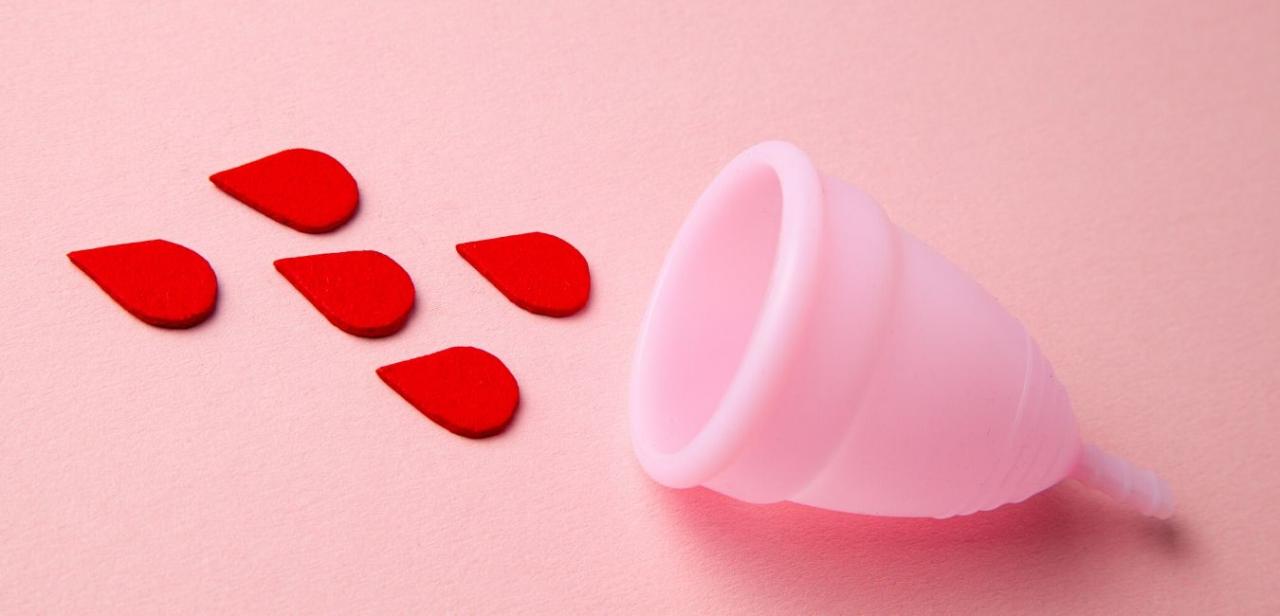If you have ever wondered if you were pregnant, then you may have experienced these types of thoughts: “My period is late. Is it late because I’m pregnant or because I am stressed out and worried that I am pregnant?” “I feel nauseous. Is this morning sickness or am I sick with worry that I may be pregnant?” “If I am pregnant, how will this change my life?”
Taking a pregnancy test can be a very stressful event. No matter what result you are hoping for, it will seem like the longest couple of minutes of your life as you wait to find out the answer. Your heart may race. Your palms may sweat. Your mind might be filled with questions.
You may find yourself almost too nervous to take a Home Pregnancy Test. Take the test. It is better to know about your pregnancy as soon as possible. Here are ten facts that you may find helpful about sex and pregnancy.
10. Pregnancy can occur if there is brief or no penetration. Anytime the penis and vaginal area have skin to skin contact, even without ejaculation, there is a slight risk for pregnancy and risk of STDs.
9. The Withdrawal Method is not a reliable method of birth control. Pre-ejaculation contains sperm. This liquid substance escapes from the penis before ejaculation occurs. All men have it. Most can not control the release of it or can tell when it is coming.
8. It is not likely that sperm can travel through clothing. The only exception would be if an item of clothing was completely soaked with semen and then was in direct contact with a woman’s vagina. Then there would be a very slim chance of pregnancy, but highly unlikely.
7. Sperm can live for 3-5 days in a moist, warm environment. Sperm cannot travel to fertilize an egg once it has dried.
6. Every ejaculation contains about 300 million sperm. Only one sperm is needed to fertilize an egg.
5. Pregnancy can occur from having sex in the water. Having intercourse in the water could still allow sperm to be deposited in the vagina. Having your bodies surrounded by water will not affect the sperm inside and not protect you from pregnancy.
4. Pregnancy will not occur by having anal sex. However, if the sperm transfers or leaks into the vaginal area, pregnancy can occur. The risk of STDs are present with anal sex.
3. “Dry Sex” may have different meanings to different people. It is described as going through the motions of intercourse with or without clothes on without ever inserting a penis into a vagina. The “dry” part of it would assume that no ejaculation takes place but this may not be the case for many people. If you remain clothed, you are at little risk for pregnancy but if there is any opportunity for sperm to get to the vaginal area (through genitals touching or even the transfer of sperm from hands) you are at risk for both pregnancy and STDs.
2. Home Pregnancy Tests work by detecting a hormone called human chorionic gonadotropin. (The pregnancy hormone) This hormone is made when a fertilized egg implants in the uterus and the hormone quickly builds with each day that you are pregnant.
1. Although many Home Pregnancy Tests claim to be accurate on the first day of your missed period, research suggests that by waiting closer to a week after your missed period, you will have results with less chance of error. False negative results are more common than false positives. Taking multiple tests is always a good idea.
The above information was gathered from the following helpful websites:
http://www.americanpregnancy.org/index.htm
http://www.womenshealth.gov/FAQ/pregnancy-tests.cfm
http://www.sexetc.org/faq/sex/618






Add a CommentComments
There are no comments yet. Be the first one and get the conversation started!